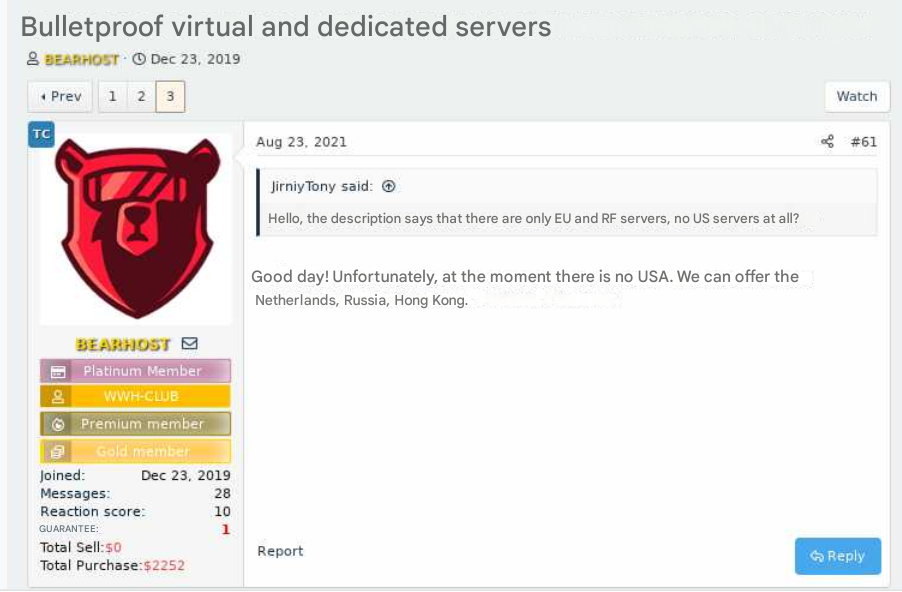Who is the DOGE and X Technician Branden Spikes?

Credit to Author: BrianKrebs| Date: Fri, 07 Mar 2025 00:54:40 +0000
At 49, Branden Spikes isn’t just one of the oldest technologists who has been involved in Elon Musk’s Department of Government Efficiency (DOGE). As the current director of information technology at X/Twitter and an early hire at PayPal, Zip2, Tesla and SpaceX, Spikes is also among Musk’s most loyal employees. Here’s a closer look at this trusted Musk lieutenant, whose Russian ex-wife was once married to Elon’s cousin.
Read More


